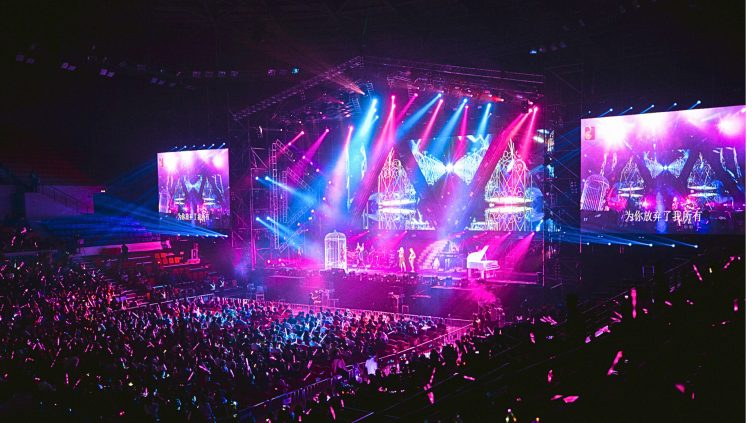Introduction
Imagine being in a crowded concert, a sea of enthusiastic fans pulsating to the rhythm of the music. Suddenly, your brand logo flashes onto the giant screen above the stage. Thousands of eyes fixate on it, capturing a memorable moment intertwined with that brand’s identity. This is the power of concert sponsorship, a marketing strategy that could skyrocket your business to new heights.
Understanding Concert Sponsorship
What is Concert Sponsorship? How does it work?
Concert sponsorship is a symbiotic relationship between brands and event organizers. Businesses provide funds or services to support the concert, and in return, they gain exposure and a platform to connect with potential customers. The band is playing, the crowd is cheering, and your brand is right there in the middle of it all.
The Power of Concert Sponsorship
Creating Brand Authority
Concert sponsorship can significantly boost a brand’s authority. When your brand is associated with a popular event or admired artist, it resonates with the fans. This emotional connection instills a perception of your brand being trendy, relevant, and trustworthy. Isn’t it amazing how a single concert could reposition your brand image?
Boosting Customer Engagement
Sponsoring concerts can lead to a significant increase in customer engagement. Imagine exclusive backstage passes, branded merchandise, or interactive booth games at the concert venue. These experiences create lasting memories, associating positive emotions with your brand, ultimately fostering loyalty and enhancing engagement.
Innovative Ways to Generate Sales and Revenue
Direct Advertising to Concert-goers
By sponsoring concerts, you can directly advertise to a captive audience. From massive banners to product samples or branded merchandise, these strategies can boost brand awareness and drive immediate sales. Have you ever considered the sales potential of a sea of concert-goers, each holding a branded glow stick?
Collateral Business Opportunities
Concert sponsorship also opens doors to collateral business opportunities. Consider co-branding with other sponsors, cross-promotion, or even merchandising. The possibilities are as diverse as the artists’ playlist!
Online Sales and Digital Marketing
Leverage the digital landscape too! Concert-goers often share their experiences on social media, creating a surge of online engagement. Sponsoring brands can seize this opportunity to extend their reach, boost online sales, and enhance their digital marketing strategies.
Implementing Concert Sponsorship
Finding the Right Fit
Identifying a concert that aligns with your brand’s identity and target audience is key. If your brand’s image jives with the music and the fans, the concert sponsorship can be like a harmonious song, hitting all the right notes.
Collaboration with Organizers
A successful concert sponsorship also relies on a productive collaboration with event organizers. Discuss your objectives and brainstorm unique, engaging ways to present your brand to the audience. Remember, your brand is part of the concert experience!
Tracking Success Metrics
After the concert, it’s time to measure the ROI. Were there increased sales or website traffic? Did you gain more social media followers? Remember, the proof of the sponsorship’s success lies in the numbers.
Case Studies
Brand N’s Success Story
Take a lubricant oil company in Asia (Brand Name starts with N) as an example. Their concert sponsorship led to a 20% increase in marketing results, and they gained significant social media exposure, showcasing the impact of this potent marketing strategy.
Brand S’s Innovative Approach
Brand S (A famous beverage company in Asia starts with letter S), on the other hand, utilized concert sponsorship to launch a new product. They integrated the product into the concert experience, creating buzz and interest, which translated into immediate sales and substantial brand recognition.
Conclusion
Concert sponsorship is more than just brand visibility; it’s about creating emotional connections, boosting brand authority, enhancing customer engagement, and most importantly, driving sales and revenue. As the music fades and the fans leave, your brand remains, echoing in their minds, ready to hit the encore.




